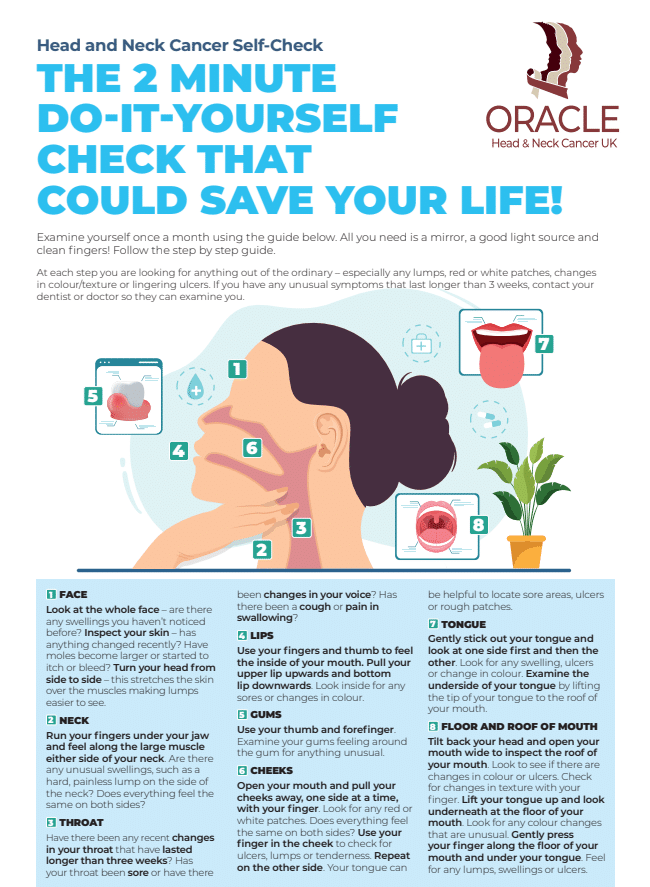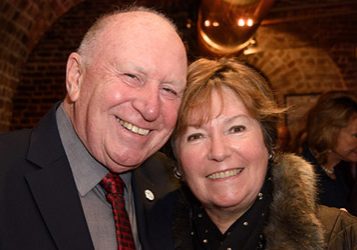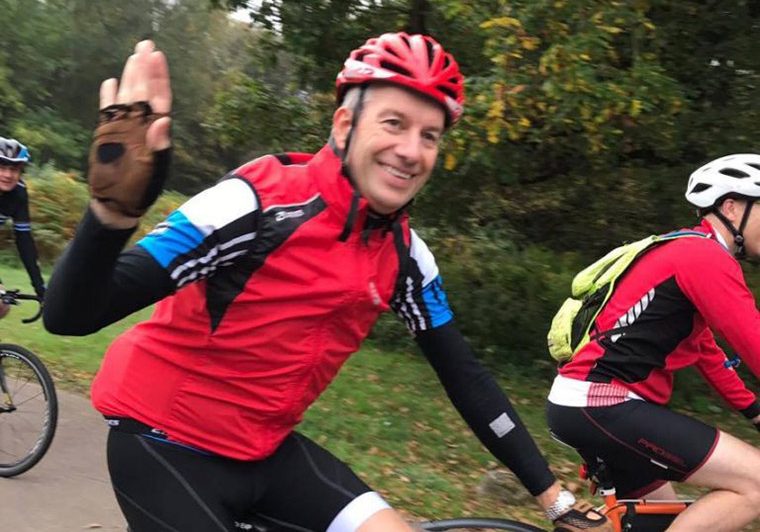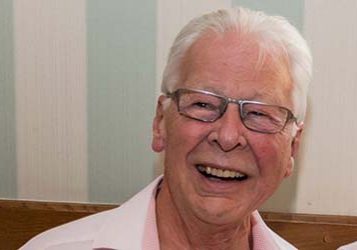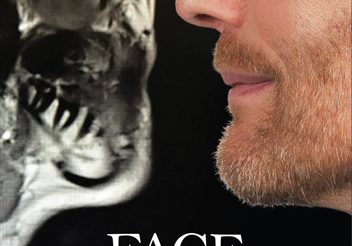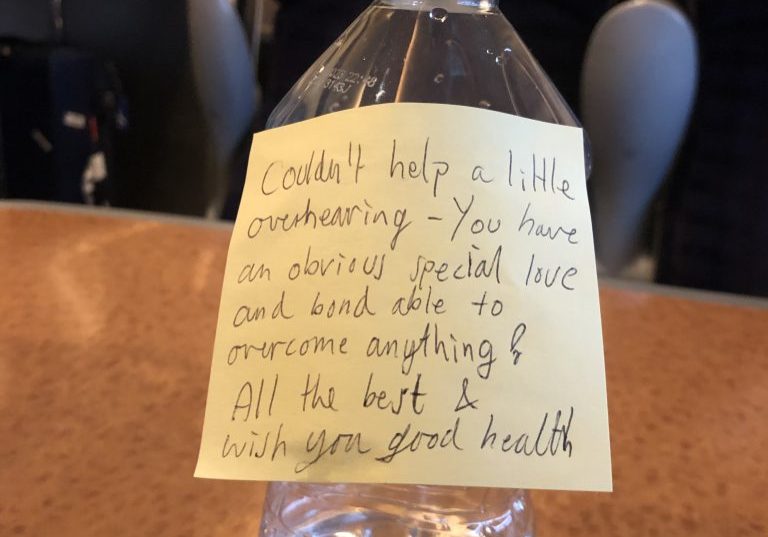Finding light in adversity – John Powell
A positive view of cancer treatment
Writing about cancer treatment from a patient’s point of view can be difficult for a number of reasons. The reason for my own difficulty in writing this is a rather unusual one – I want to introduce some positive thoughts about the whole process without sounding patronising, smug, or just plain irritating.
I was diagnosed with cancer on the back of my tongue in 2020 and, very fortunately for me, I managed to get onto a proton therapy trial. Proton radiotherapy causes less collateral damage than traditional X-ray radiotherapy, but whichever you have I hope you find the following notes useful.
Right from the start all the cancer treatment medics were marvellous – friendly, supportive and informative. I am very much a ‘glass is half full person’ and I took the view that I had a dangerous wart on my tongue – but it was going to be ok because this highly trained team with millions of pounds worth of high-tech gadgetry were going to cure me. I felt very lucky to live at a time when this was possible, rather than depressed because I had cancer (I told you this might sound smug).
I wouldn’t inflict such ‘chin up’ thoughts upon other people if it wasn’t for the fact that every single medic I talked to during my treatment told me that my positive attitude would help the treatment and reduce recovery times afterwards. And that turned out to be the case. Since my treatment all the medical notes have mentioned an unusually fast recovery.

Obviously there were horrible parts to the treatment process (even the chirpiest of us has nothing good to say about the experience of chemotherapy), but, if you can keep your mind focussed on how lucky you are to be living in a decade and country where it’s possible to be treated, your positivity will be rewarded by faster recovery. The adage ‘old age isn’t so bad when you consider the alternative’ can be useful here if you change it a little. ‘Having my cancer treated is fine if you consider the alternative.’
I have some practical advice for people undergoing radiotherapy for throat/neck cancer as well:
- If you find (as I did) that everything tastes of cardboard, try using only the painkiller tablets rather than the liquid stuff. I stopped using the liquid pain killer and my taste buds started working again (not perfectly, but pretty well).
- If you possibly can, do not stop eating. Apparently, unlike breathing, swallowing is not automatic. If you stop swallowing for a few weeks (because you are tube feeding) you have to re-learn how to swallow, and I was told that many people have a hell of a lot of trouble doing so – and end up spluttering a lot, so they don’t like to eat in company. Once I heard this I was determined to eat normally even if it meant going down to sloppy foods and soup. I found that, although the first mouthful of any meal hurt as it went over my damaged throat, the following mouthfuls were easier – which is true of touching other wounds (trousers on knee scabs etc.).
The two weeks after the treatment ended were pretty painful as the outer skin of my neck became raw in some areas and I had to wear a plastic collar with gunk in it to help the healing. But I was back at work (part time) and in the pub (part time) within a fortnight.
Now, four years later, I feel fine. I’m saving a fortune on razor blades as I don’t have to shave the right-hand side of my chin – and I usually need a five-minute nap in the afternoon but that’s no problem.
In fact, considering the alternative, everything is great.
Patient Stories
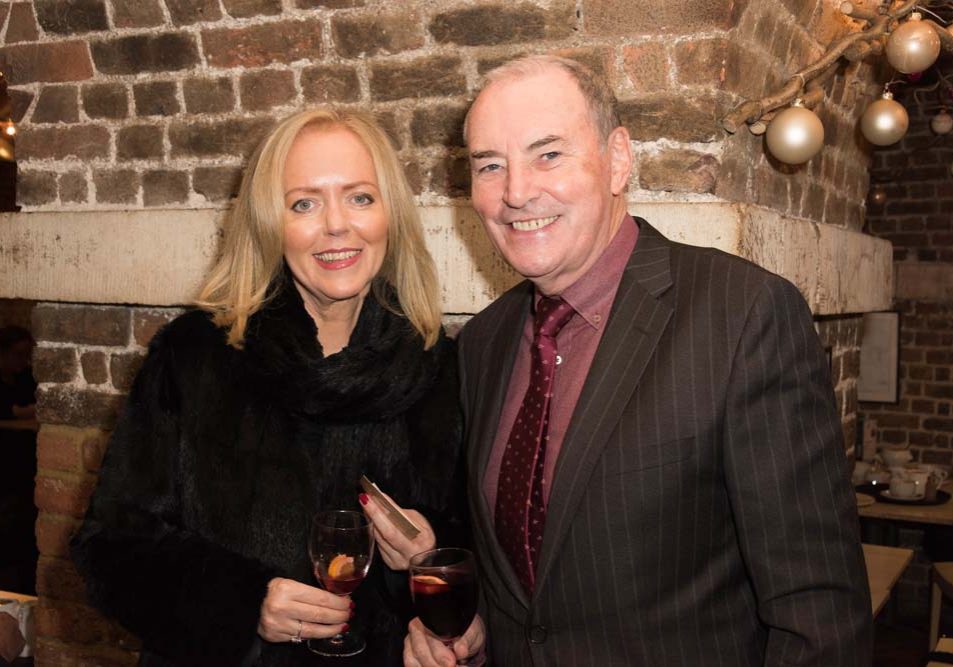
Suzie Cooke – a lesson in not taking ‘no’ for an answer

Nigel Lloyd-Jones – being told “you have cancer” is life changing

Belinda Gilfoyle – a slow recovery and learning to stay positive

Salivary Ductal Adenocarcinoma news “hit me like a train”



